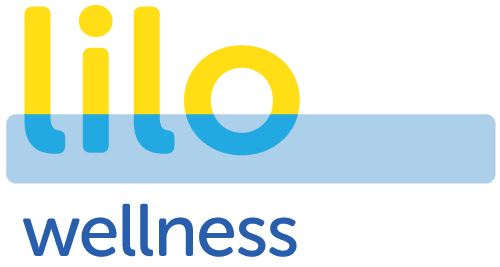
12 Jul How to dismantle the BS that destroys the self-worth of women with ADHD

Last year, a TikTok that I posted for International Women’s Day went viral! 🤯 It’s one of my most popular post at well over 24.0k views and more than 2K likes which says a lot about how much of an issue a lack of self-worth is for so many women with ADHD.
But it’s not all bad news, we can fight back! Check out the post here:
(I popped it on You tube in case you don’t have Tiktok).
There’s very clear evidence that the systemic inequity that women experience extends to ADHD diagnosis and management. While ADHD in women and girls is FINALLY being acknowledged, there is still so little research about us.
Here are some examples of what we do know and some resources so you can find out more.
What does the science say?
The data currently suggests males are more likely to have ADHD (though some experts doubt this and think this is likely due to ‘male-centric’ ways of identifying people with ADHD). In other words, for every 2 males, 1 female is likely to have it. Despite this, probably 99% of the research has been about males.
And, while they may be impacted more often, there’s mounting evidence that ADHD can be much more problematic for women and girls.
For example, despite growing awareness, women and girls are still much more likely to fly under the radar partly because they’re less likely to be overtly hyperactive.
We know that hormones really impact how ADHD affects us. Menstrual cycles, pregnancy, postnatally, and perimenopause – all of these can already have a huge impact on emotion regulation and cognitive function. On top of this, women are more likely to experience binge-eating disorders, more psychological distress and have a lower self-image than men with ADHD.
What else impacts how ADHD impacts women?
There’s mounting evidence that the role of women in society, especially motherhood, has huge repurcussions for women with ADHD.
Our workload – both paid and unpaid, in other words caring for others and housework – is far greater than men’s and that’s not taking into account the mental load mothers bear compared with fathers.
Economically, people with ADHD are likely to have much smaller incomes than people without, and this is even worse for women due to the inequity that we already experience.
How do we fight back?
One solution to all this is to categorically refuse to take on board BS gender-based expectations of society and the internalised perfectionism that often goes along with them – that women must somehow be great mothers, home-makers, career women, cleaners, cooks, launders, the gift buyers, the taxi drivers – all while looking amazing of course!
We need to learn to feel comfortable to outsource as much of this crap as we possibly can – especially domestic chores – without an ounce of guilt or feeling that it’s an extravagance – it’s not, it’s survival. I know it’s not always easy, but if we don’t stand up for ourselves, no-one else is going to.
If you wish to arm yourself with more excellent info about women and ADHD I suggest also giving this a read. But I’m warning you, it doesn’t paint a pretty picture. While I’m mostly into silver linings, sometimes we need to deal with the really tough stuff though if we’re to change things.
And remember, you’re not hopeless or useless, you’re amazing to have achieved what you have considering everything you’ve been up against.


